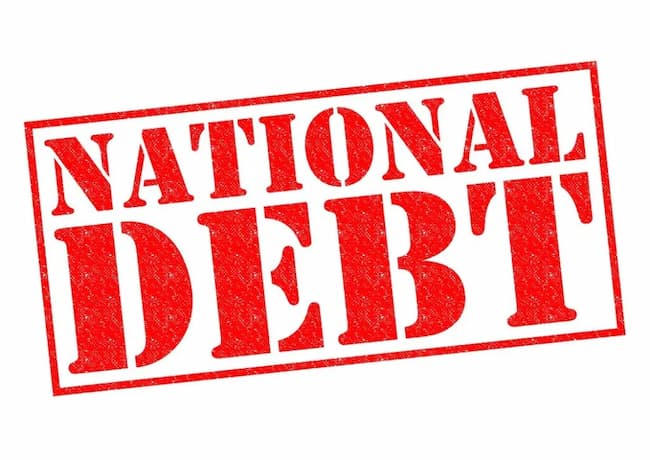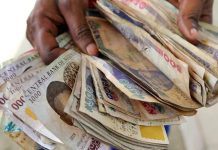As of December 31, 2023, Nigeria’s national debt stock was N97.341 trillion, or 108.229 billion USD, according to statistics made available by the Debt Management Office (DMO). 39% came from foreign loans, while 61% came from local borrowing.
According to the DMO, the sum included the Federal Government’s foreign and domestic debt stocks, as well as those of the 36 states and the Federal Capital Territory (FCT). Plans to Merge with Dangote Sugar/Rice are Suspended by NASCON
According to the debt agency, the amount has increased by N9.43 trillion as compared to the September 30, 2023 comparison number.
The Federal Government’s increased domestic borrowing to partially cover the budget deficit for 2024, as well as payments from bilateral and multilateral lenders, were cited as the main causes of the rise.
“At N59.12 trillion, total domestic debt accounted for 61 per cent of the total public debt stock, while external debt at N38.22 trillion accounted for the balance of 39 per cent,” it said.
The DMO said that the country’s external debt stock was skewed in favour of loans from multilateral and bilateral lenders.
The debt office said the move was consistent with the country’s debt management strategy. It said that loans from multilateral sources constituted 49.77 per cent of the country’s external debt stock, while loans from bilateral sources constituted 16.02 per cent.
“That is a total of 63.79 per cent, mostly concessional and semi-concessional loans.
“Whilst the DMO continues to employ best practice in public debt management, the recent and on-going efforts of the authorities to shore up revenue will support debt sustainability,” it said.












